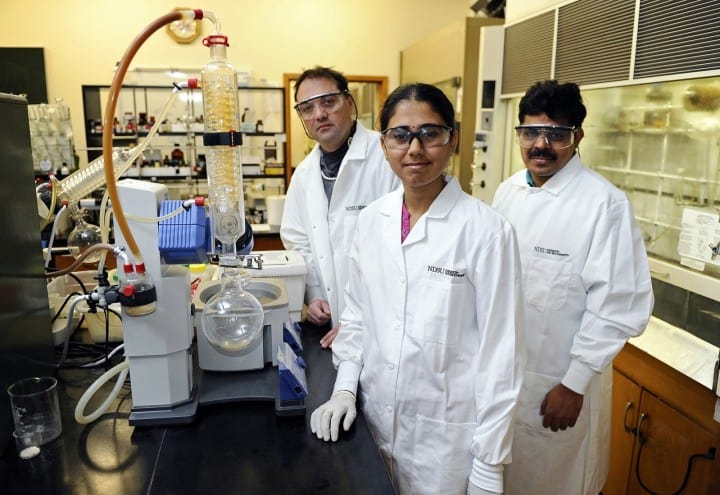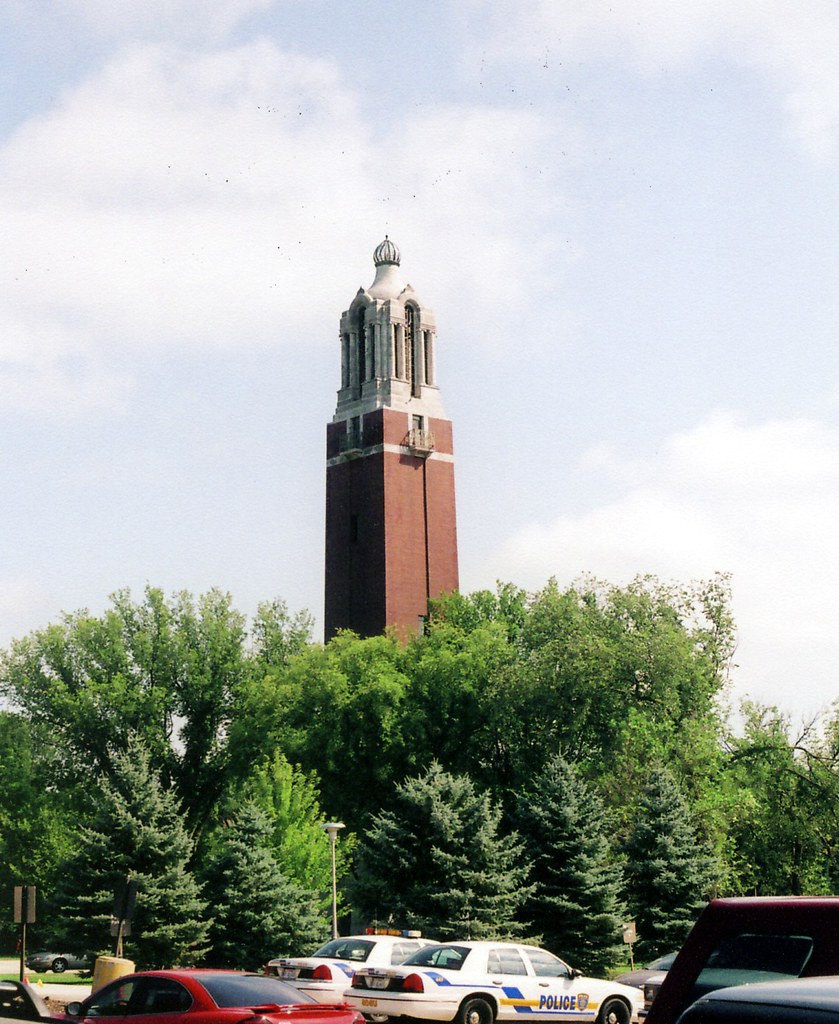North Dakota State University researchers have developed an ingenious new type of plastic that can be de-constructed back to its molecular level when it’s no longer needed.
The plastic is made from a combination of agricultural crops, cellulose, lignin and sucrose. These materials create a ‘building block’ like structure than can be made and dissolved with similar ease. The new material could mean that some plastic recycling processes wouldn’t be required during a polymer’s lifespan.
Mukund Sibi, a professor at the University said “real sustainability involves breaking it back into building blocks. We have shown that we can break it down into the building blocks and re-make the polymer.”
Angewandte Chemie, a publication by the German Chemical Society, has included the work in a recent edition.
Biomass
Biomass, as a renewable source, could be the key to the future of bio-plastics, but is just one solution. There are now plastics that can be made from algae and various other natural products.
Dean Webster, another professor at the NDSU Department of coatings and polymeric materials said “this cradle-to-cradle approach to create a plastic which can be degraded easily offers scientific potential for eventual products that could lessen dependence on fossil fuels and decrease the amount of raw materials needed.”
Breakdown
The plastic is exposed to an ultraviolet light of a precise wavelength for three hours, which researchers found is enough time to turn it back into a soluble material. This soluble material would then be turned back into another object, hopefully with none of the quality lost. In a way this is just a very quick and sustainable version of the plastic recycling process.
We’ve said before that a reduction in packaging is essential in the marketplace, with many items over-packaged. We aren’t sure if this material would require plastic recycling or if it could be ‘melted’ in the home, but it would sure make things a lot simpler. It’s a similar idea to the sugar-based plastics made by Tomorrow Machine, whom we interviewed recently.
Further development over the next two years will determine if the polymer can make a contribution to vehicle plastic recycling or electronics.
The Team
Congratulations to the whole NDSU Centre for Sustainable Material Science team: Mukund Sibi, Sivaguru Jayaraman, James A. Meier, Saravana Rajendran, Ramya Raghunathan, Retheesh Krishnan, Angel Ugrinov, Dean Webster and Ivan Hevus.











